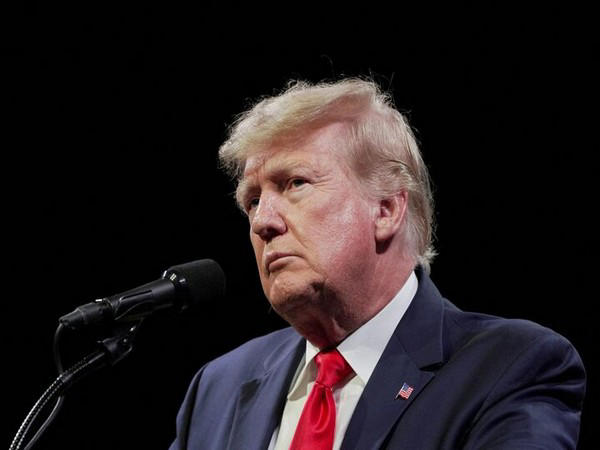Trump to Strip Harvard of Tax-Exempt Status After Antisemitism Report Sparks Federal Backlash
In a dramatic escalation of tensions between the federal government and one of the world’s most prestigious academic institutions, former U.S. President Donald Trump announced on Friday that his administration will revoke Harvard University’s tax-exempt status. The decision, revealed through a post on Trump’s social media platform, comes in response to Harvard’s handling of antisemitism and hate speech allegations on its campus. “We are going to be taking away Harvard’s Tax Exempt Status. It’s what they deserve!” Trump declared, signaling a firm stance against what he described as the university’s failure to address growing concerns over antisemitism and hate-based incidents.
This announcement follows the release of an internal investigation report by Harvard University earlier in the week. The long-anticipated probe exposed that the university has fostered an environment perceived as hostile toward Jewish, Israeli, and Muslim students. Harvard’s interim president, Alan Garber, issued a public apology, stating, “I am sorry for the moments when we failed to meet the high expectations we rightfully set for our community.” His statement acknowledged the university’s shortcomings in dealing with complex and sensitive issues on campus, which have triggered national scrutiny.
The Trump administration’s decision is further underscored by a recent freeze on $2.2 billion in multiyear federal grants previously allocated to Harvard. The freeze was reportedly imposed due to the university’s alleged reluctance to actively combat antisemitic behavior and hate speech. This move places immense financial pressure on the institution and reflects a broader policy push by the Trump administration to hold educational institutions accountable for campus climate and ideological neutrality.
Harvard University, for its part, has warned that the removal of its tax-exempt status could have dire consequences. A spokesperson for the university highlighted that such a move would not only threaten the continuation of critical academic research but would also impair Harvard’s educational mission and significantly reduce the financial aid available to students. The loss of this status could potentially alter the university’s operational framework, affecting both domestic and international scholars who depend on Harvard’s resources for advanced studies and research.
As debates intensify over academic freedom, hate speech, and political influence in education, the decision to target Harvard could set a precedent for future federal actions against other universities facing similar controversies. This unprecedented action also raises broader questions about the role of government in shaping the policies and financial structures of private educational institutions.
For video news, visit our YouTube channel THE OLIGO.

